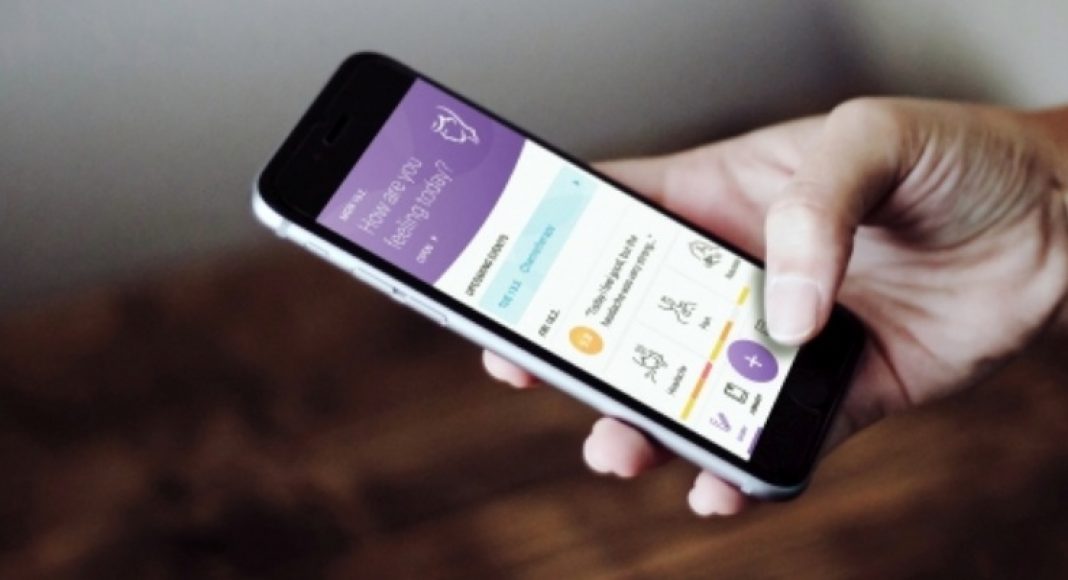Varian’s technology ecosystem is taking a significant leap in the area of patient engagement, thanks to the company’s recent acquisition of Noona, developer of a cloud-based mobile service that captures cancer patient-reported outcomes (PROs).
According to Jani Ahonala, co-founder of Noona, randomized controlled trials have shown that the implementation of digital patient-reported outcomes tools in cancer care can result in survival benefits for patients. Other benefits that have been documented include: efficiency in the clinic (because patients use the tool to engage with the clinical team in advance of their scheduled visits), improved patient satisfaction, more accurate symptom assessment, and better symptom management between visits.1
“I believe that more widespread use of PROs technology will speed up the paradigm shift from reactive to proactive care,” said Ahonala. “PROs have the potential to become a real driving force in cancer treatment decision making.”
“PROs represent a growing and significant enabler of evidence-based clinical care and translational research,” said Dow Wilson, president and chief executive officer, Varian. “With this acquisition, Varian can play a role in helping oncology teams engage patients, collect PRO data, manage patient communications and conduct clinical studies that test the efficacy of treatment modalities.”
At the Helsinki University Hospital Comprehensive Cancer Center, over 100 nurses and doctors use Noona to stay in touch with patients between visits during their treatment journey. According to Tiia Ollikainen, oncology nurse, the biggest benefit of Noona has been time saved. “I used to get up to 10 phone calls a day and they would last about 10-15 minutes each. Replying to [a patient’s] messages via Noona takes 2-5 minutes, and the patient receives all the necessary information quickly. This saves as much as 30-60 minutes per day.”
Patients of all ages, including elderly patients, quickly become active Noona users, Ollikainen said. “Age is not a barrier. The average age of users is 64. Noona helps us get a more accurate picture of what’s going on with our patients than we get from what they say during visits. They often try to convey a more positive picture of how they felt between treatments than was actually the case. When we ask them about something they reported in Noona, they often admit that maybe they haven’t been feeling so well between visits. They seem surprised that we know about it. We know because we receive the information via Noona.”
Kim Lyerly, MD, professor of cancer research at Duke University in North Carolina, points out that the 21st Century Cures Act, which really focuses on the patient experience, is going to require reporting of the progress and a pathway for each patient on a new therapy. “Electronic PROs like Noona may be the only viable strategy to reliably obtain high quality data from a large number of patients in a cost-effective manner,” he said.
“We are excited to add the Noona technology and team to Varian as we continue to focus on finding ways to improve patient care,” said Corey Zankowski, senior vice president of Oncology Software Solutions at Varian. “The Noona app will allow oncologists to capture real-time PROs and monitor and proactively manage their patients’ symptoms. Sustained engagement with patients may help oncologists detect early signs of potential recurrence or progression of disease.”
“The combination of Noona with Varian is a natural fit,” said Ahonala. “By becoming part of Varian, we have the opportunity to expand the global availability of the Noona technology and elevate the voice of the patient in cancer care.”
1Bennett AV, Jensen RE, Basch E. Electronic patient-reported outcome systems in oncology clinical practice. CA Cancer J Clin 2012;62:336-347.


















